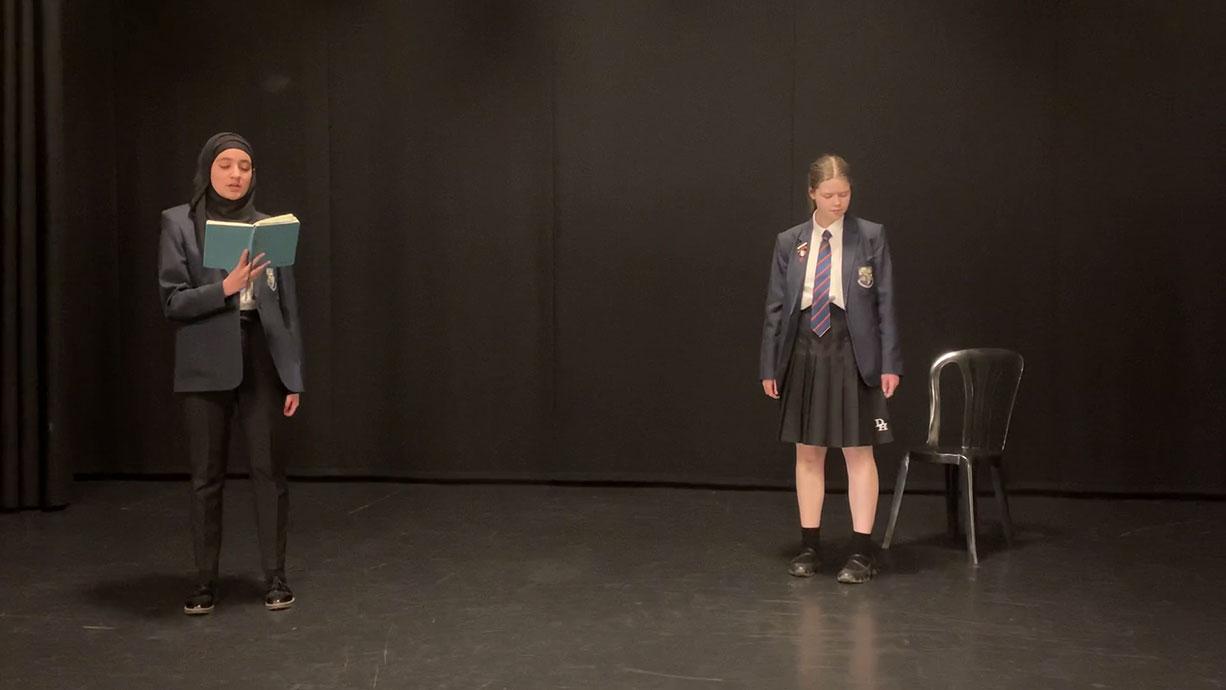Illicit DrugsTake a journey through the big questions about drugs

Ready for action?
What
The possible connections with your curriculum
Who
The people who take up the teacher role
Where
The locations where learning takes place
With
The community stakeholders to collaborate with
Short abstract
In this learning scenario, students will learn what illicit drugs are, how they affect our bodies and minds, why humans are drawn to them, and how we use science to detect and classify drugs. With this acquired knowledge, students will work in groups to write a short dramatic piece to share their learning with other young people their age in an engaging and relatable way.
Students will conduct independent research to prepare for an interview with a panel of experts from different areas related to drugs, e.g. police, medical, mental health, social care.
Students will be introduced to the concept of using drama to understand and teach others about a STEM topic. They will learn about class A, B & C drugs, the impact they have on the mind, and use their knowledge to create and act out characters that personify drugs of different classes.
Students will carry out a series of experiments to investigate how drugs are chemically identified, how to test for drugs in the field, and the physical impact that smoking has on the body.
Students will use their prior research on the effects of different drugs on mind and body to create a poem which illustrates what they have learnt, and act it out. The purpose of this activity was to create a piece which will make a teenage target audience aware of the possible consequences involved with taking illicit drugs.
Working in groups, students will create a scripted 3-scene dramatic piece to educate other teenagers about the effects of drugs.
Students will share their performances with fellow teenagers, dramatising their knowledge gained throughout the Learning Scenario about the impact of drugs on the body and the mind, lifestyle, personal relationships, and impact on the wider community.
Teacher feedback
Aha moments
- We have learnt that teenagers are more likely to engage and learn about illicit drugs if they are the ones leading their learning. The students were involved in developing the LUs and were really empowered by this. They reported feeling that this made the topic a lot more relevant to them, rather than being taught by adults devising ways they think would be relatable to young people.
Uh oh moments
- This unit is best delivered by both science and drama teachers so that each area is comprehensive and complements the other.
General tips
- We sent a letter to parents regarding students researching sensitive issues and confirming that this is part of their curriculum. It is also important to know whether students have been personally affected by these topics to ensure their situation is taken into consideration when planning (i.e. anything upsetting, sharing anything inappropriate).